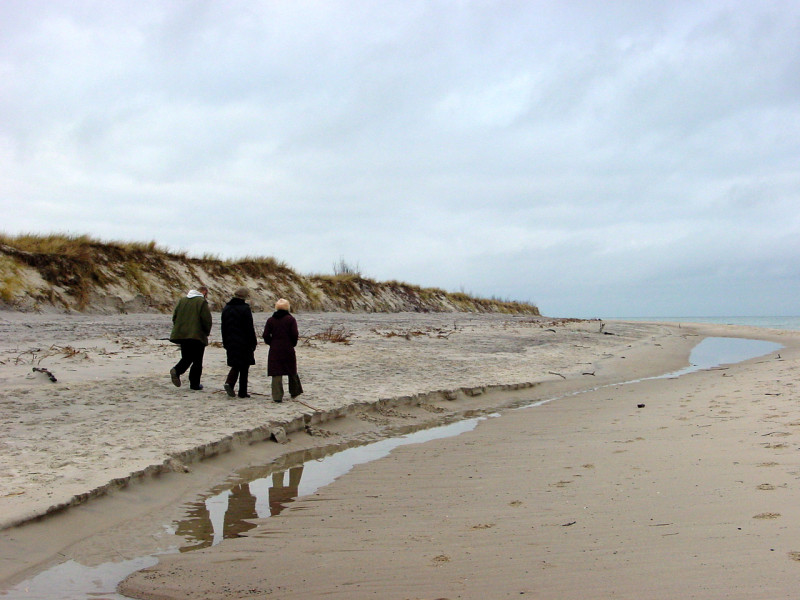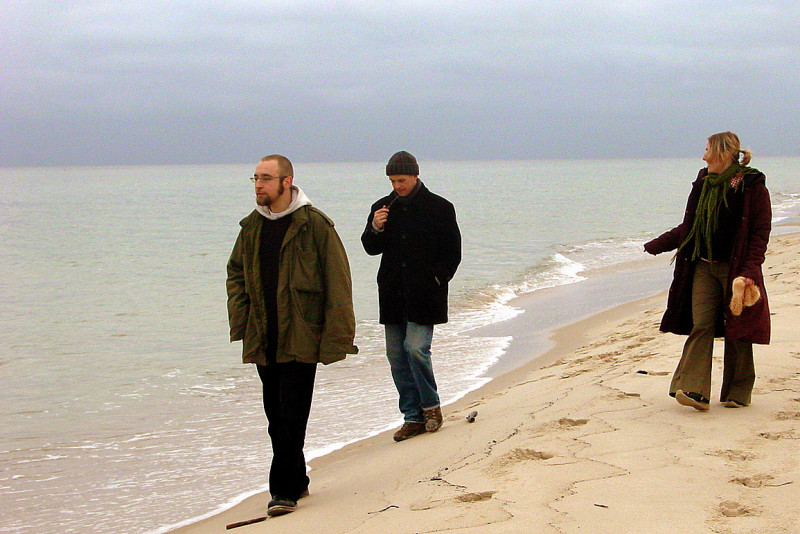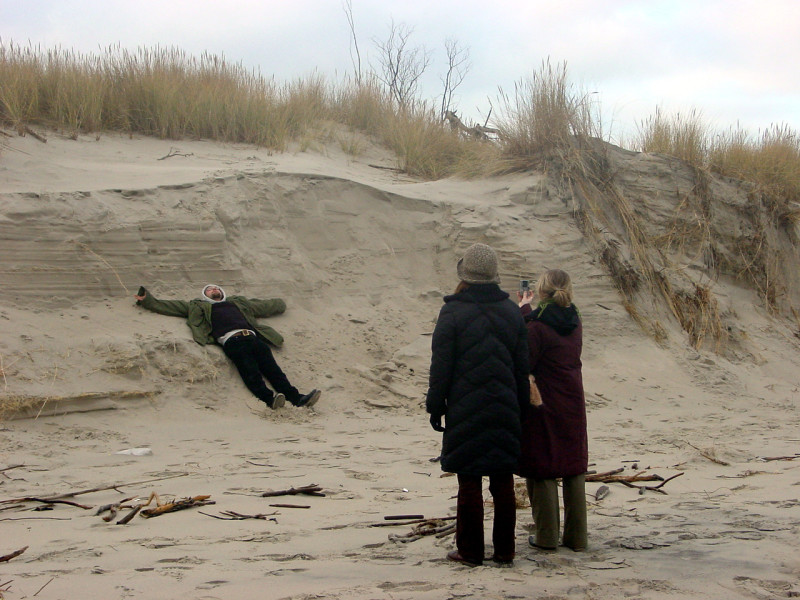Each class has one. All teachers are responsible for keeping it up to date. Students have a right to look at it at just about any time. And the Ministry of Education can cause a lot of headaches if it doesn’t like what it sees in it.
So what is this mysterious thing called a dziennik?
I’m tempted to say it’s a direct consequence of The Fall, God’s punishment for all evil on earth, or other such silliness, but I’ll simply say that it’s one of the most annoying things about teaching in Poland.
“Dziennik” is Polish for “journal,” and The Dziennik (imagine a Charlton Heston-esque booming voice saying that) is the grade book for each class. It is the record of the entire class for the entire year, and keeping it up to date is the biggest headache I know of. All grades for all classes (biology, English, physics) are in this marvel of modern stupidity as well as the personal information of each student, and in addition, attendance is marked in one portion.
The most irritating and annoying part of it is the slots for lesson topics. For each lesson, I must write the topic in a special little slot. Now this doesn’t seem like much, but it can be an incredible pain in the ass. Teachers take the dziennik to class, and it is always bouncing through the school–one never really knows where it is. So you forget to write your topics one day.
Then that one day becomes two. Then three. Four. A week.
Then comes the fun.
The Polish equivalent of the homeroom teacher comes and points out all the slots where you forgot to write the topic, and you’re supposed to get out your notebook, look up that day, and write the appropriate topic.
Of course I write all my topics in English, so the obvious struck me long ago: “Only [Basia] (the other English teacher) knows enough English to understand what I’m writing in here. I can write anything I want.” So that’s what I started doing.
After that, topics included, “General Chaos and an Attempt to Keep Them Interested Forty-Five Minutes” and “Stuff.” Song lyrics can provide good topics: “Looking for someone, I guess . . .” or “Looking Over that Silly Four-Leaf Clove.” I suppose it’s immature, but we’re all allowed to be childish every now and then, right?
Mind, I didn’t do this regularly–just when I’d forgotten to write the topic or (more likely) the dziennik wasn’t available at the time.
Some years ago, when I did this more often, the other English teacher finally saw me doing it, and she asked me to stop. “I’ll be the one who gets in trouble,” she protested. At that time I didn’t speak much Polish, really, and she was the go-between.
Reasonably enough, she didn’t want to get yelled at.
I toned it down a bit, something like “Present Continuous in Questions and Cow Tipping.”–a combination of the two.
In theory, she explained, someone from the Ministry of Education might know enough English to understand what I wrote, and then the stuff would hit the fan.
I thought to myself, “If the Ministry of Education doesn’t have anything better to do than to sit and read every single topic in some little village’s school’s dziennik, then I think whoever was reading it might appreciate the humor.” But I said nothing. And wrote for my topic that day, “Telephone Vocabulary and Other Silliness.”



















